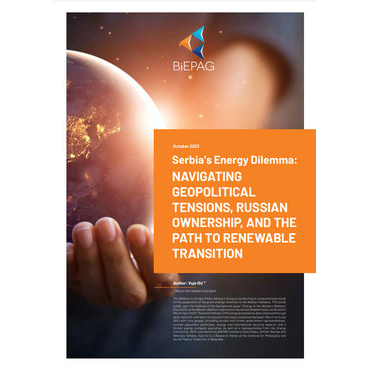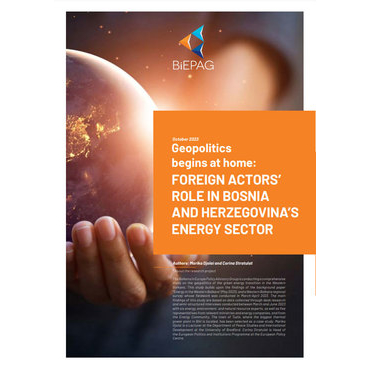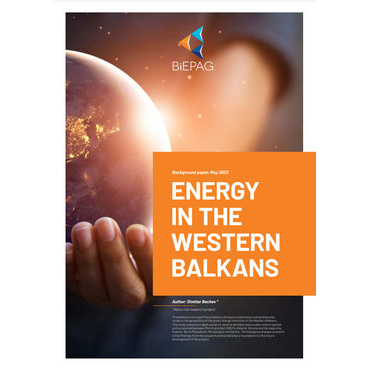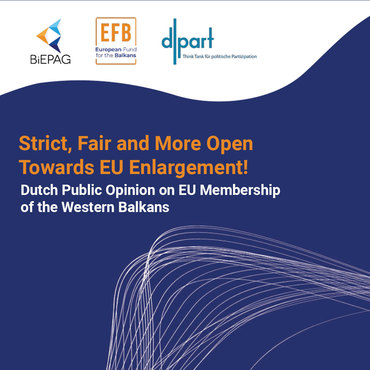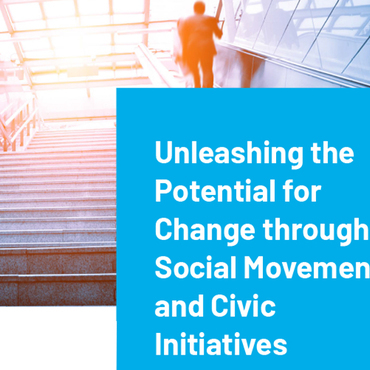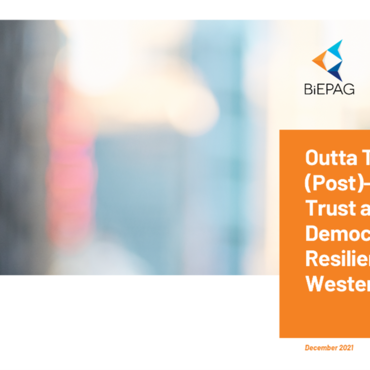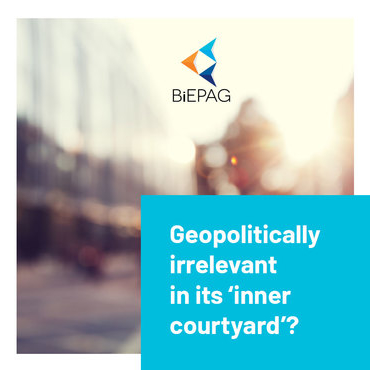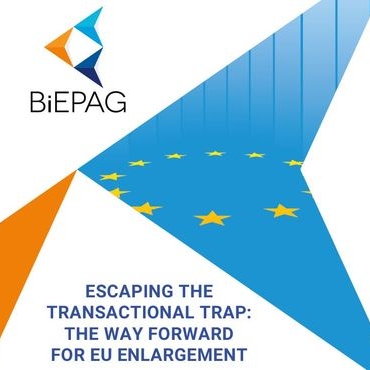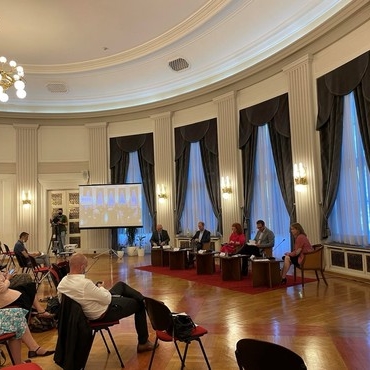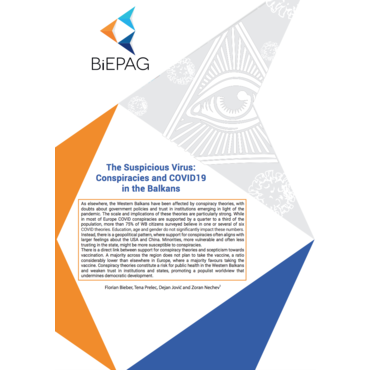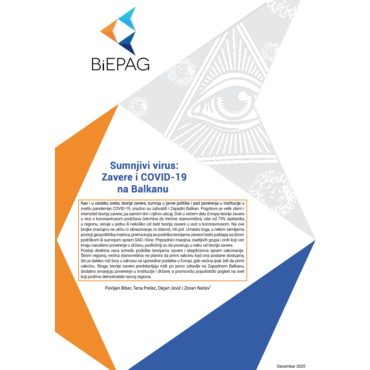
From Norms to Noise: Why the EU Talks Reform but Fuels decline in the Balkans
Policy brief titled "From Norms to Noise:Why the EU Talks Reform but Fuels Decline in the Balkans" offers a timely and sharp analysis of the EU’s approach to enlargement in the Western Balkans, highlighting inconsistencies between rhetoric and practice.

Rudarstvo na Zapadnom Balkanu - Uspon opasnog transakcionalizma
U kontekstu veoma dinamičnih i sve intenzivnijih debata o kritičnim sirovinama i rudarstvu na Zapadnom Balkanu, postoji potreba za više činjenica, brojki, uvida i analiza ovog pitanja. Zato ova analiza mapira značajne aspekte i dileme rudarskih projekata na Zapadnom Balkanu, nudi uvide u trenutnu dinamiku i pruža kontekst rudarstvu na Zapadnom Balkanu danas, fokusirajući se na glavne protivrečnosti debata o kritičnim sirovinama i rudarstvu. Dokument nudi nekoliko preliminarnih zaključaka i ideja za dalje studije i kritičko angažovanje oko teme rudarstva u regionu.

Mining in the Western Balkans - The Rise of Dangerous Transactionalism
Against the background of highly dynamic and evolving critical raw materials and mining debates in the Western Balkans, there is a need for more facts, figures, insights and analysis of the issue. This is why the following policy brief maps significant aspects and dilemmas of mining projects in the Western Balkans. It offers insights into the current dynamics and provides context to mining in the Western Balkans today, focusing on major contradictions behind the critical raw materials and mining debates. The paper offers several preliminary conclusions and some food for thought for further studies and critical engagement around the topic of mining in the region.

The Future of the Protests and Democracy in Serbia
For three months, tens of thousands of citizens, led by students from all over Serbia, have been protesting in demonstrations, blockades, vigils and other actions throughout the country. They constitute the most serious challenge to the thirteen-year rule of Aleksandar Vučić. The outcome of the protests is not just crucial for Serbia, but for the entire region, as Vučić has been a disruptive force with his support for Serb nationalist parties and interference in neighboring states. These massive protests also hold lessons for challengers to autocratic rule elsewhere.





